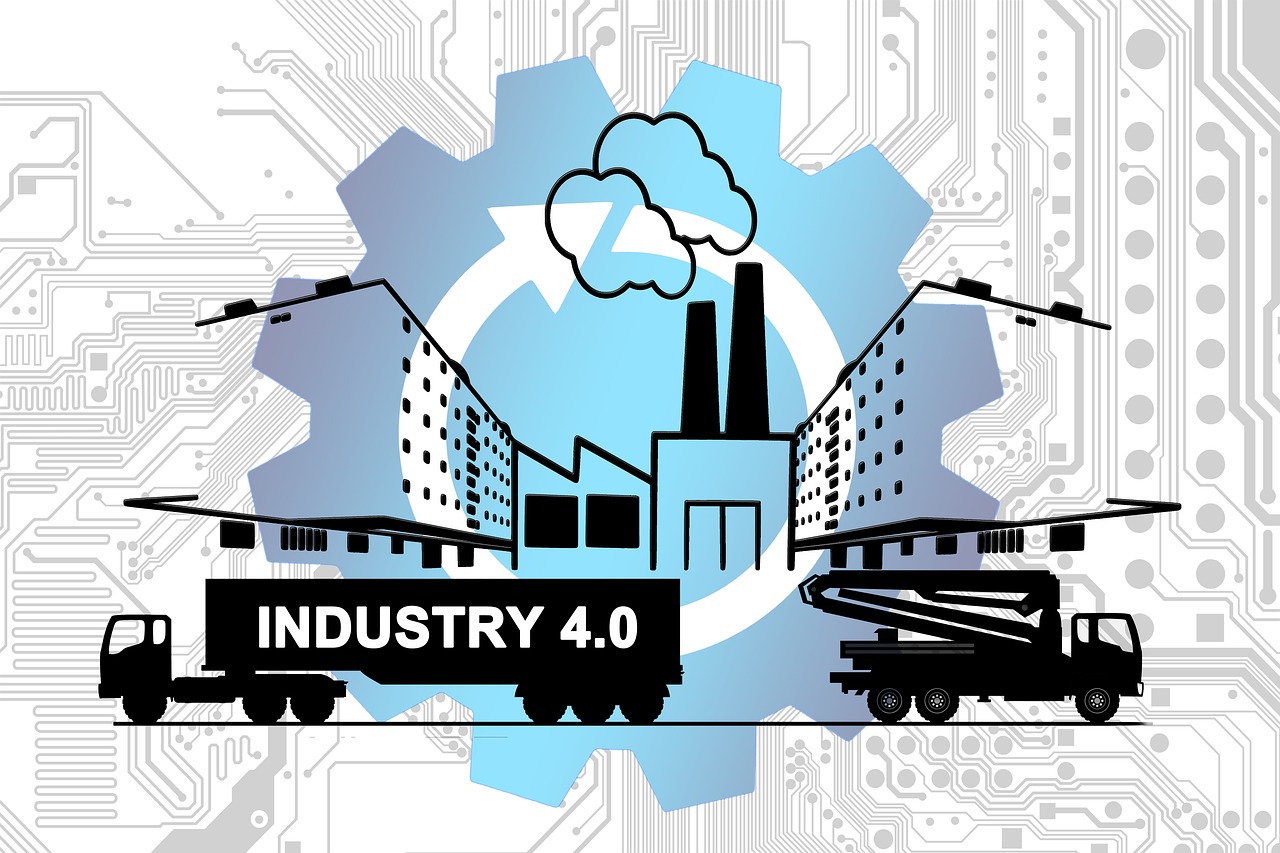The Role of Tech in Fighting Climate Change and Global Warming
Solar energy has been a frontrunner in the realm of renewable energy innovations. The development of photovoltaic solar panels has significantly enhanced the efficiency and accessibility of harnessing solar power. These panels are now more cost-effective and durable, making them a popular choice for residential and commercial applications. Additionally, advancements in solar technology have led to the creation of flexible and transparent solar cells, opening up new possibilities for integration into various surfaces.
Wind power is another key player in the renewable energy landscape, with continuous innovations driving its growth. The design of wind turbines has evolved to improve energy output and efficiency. The development of larger and more aerodynamic blades has resulted in greater energy capture from wind resources. Moreover, the integration of smart technologies in wind turbines enables seamless monitoring and control, optimizing their performance and contributing to a more sustainable energy future.
Advancements in Energy Efficiency Technologies
In the realm of energy efficiency technologies, recent advancements have been making notable strides. Innovations such as smart thermostats, energy-efficient appliances, and automated lighting systems are now more accessible and affordable for residential and commercial consumers alike. These technologies offer not only the immediate benefit of reducing energy consumption but also provide users with the convenience of monitoring and controlling their energy usage in real-time.
Moreover, the integration of artificial intelligence and machine learning algorithms has greatly enhanced the effectiveness of energy management systems. By analyzing data patterns and adjusting energy usage accordingly, these systems can optimize efficiency levels with minimal human intervention. This not only maximizes energy savings but also contributes to a more sustainable and environmentally friendly approach to energy consumption.
Smart Grid Systems for Sustainable Energy Management
Smart grid systems are transforming the landscape of energy management by providing real-time monitoring and control of electricity distribution. These innovative systems enable a two-way flow of electricity and information between power providers and consumers, leading to improved efficiency and reliability in energy distribution. By integrating advanced communication technologies and analytics, smart grids optimize the utilization of renewable energy sources and help balance the supply and demand in a sustainable manner.
Furthermore, smart grid systems offer the flexibility to incorporate a variety of energy sources, including solar, wind, and hydro power, into the grid infrastructure. This diversification of energy inputs enhances resilience against disruptions and reduces dependency on fossil fuels, contributing to a greener and more sustainable energy ecosystem. With the ability to adapt to changing energy patterns and consumer behaviors, smart grid systems pave the way for a more efficient and environmentally-friendly energy management approach.
• Smart grid systems provide real-time monitoring and control of electricity distribution
• Enable a two-way flow of electricity and information between power providers and consumers
• Improve efficiency and reliability in energy distribution
• Optimize the utilization of renewable energy sources
• Help balance supply and demand in a sustainable manner
Furthermore, smart grid systems offer the flexibility to incorporate a variety of energy sources:
• Solar power
• Wind power
• Hydro power
This diversification enhances resilience against disruptions:
– Reduces dependency on fossil fuels
– Contributes to a greener and more sustainable energy ecosystem
With the ability to adapt to changing energy patterns and consumer behaviors:
– Pave the way for a more efficient and environmentally-friendly energy management approach
What are some examples of technological innovations for renewable energy?
Some examples of technological innovations for renewable energy include solar panels, wind turbines, and hydroelectric power systems.
How do advancements in energy efficiency technologies help with sustainable energy management?
Advancements in energy efficiency technologies help reduce energy consumption, lower utility bills, and decrease greenhouse gas emissions, making sustainable energy management more achievable.
What are smart grid systems and how do they contribute to sustainable energy management?
Smart grid systems are advanced electrical grids that use digital technology to monitor and control electricity flows. They help optimize energy distribution, improve grid reliability, and enable the integration of renewable energy sources, contributing to sustainable energy management.





